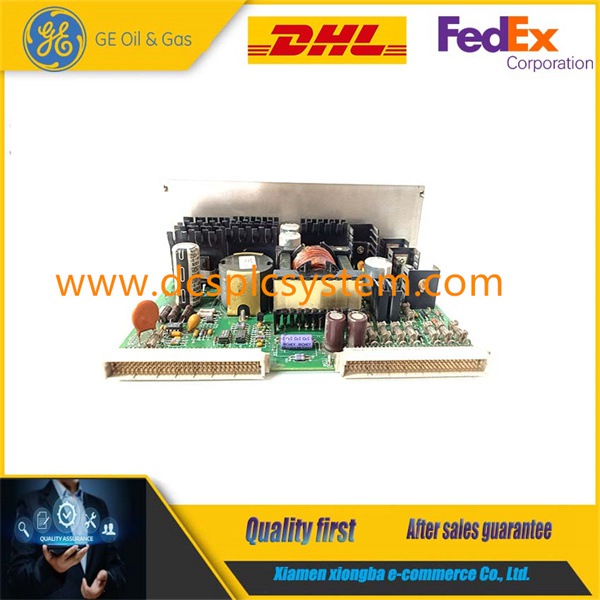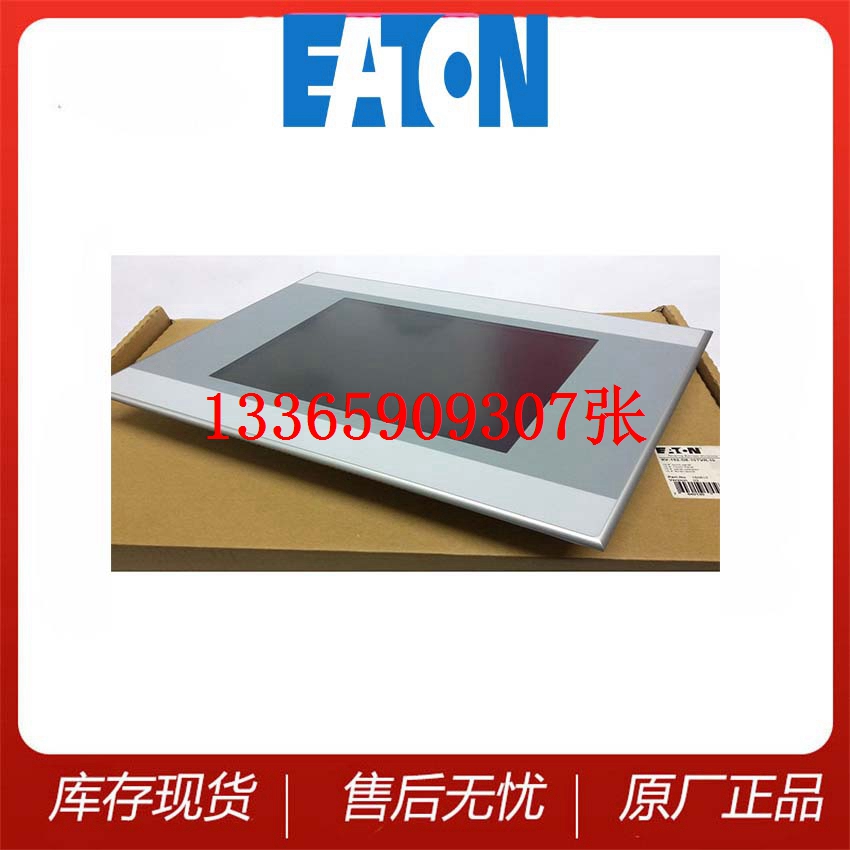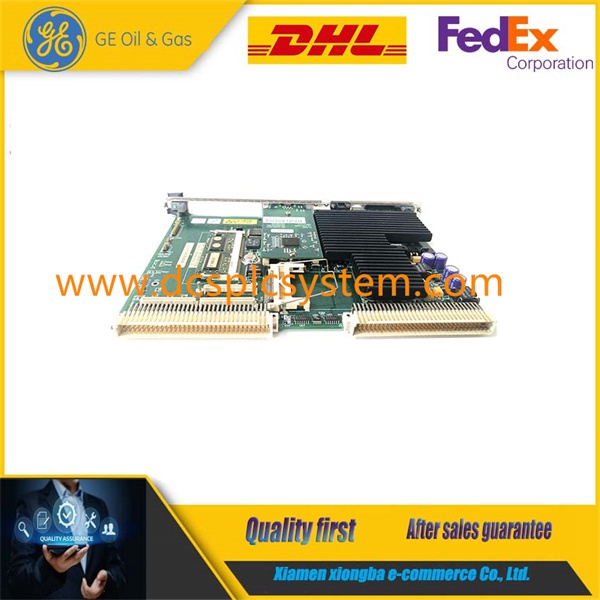ABB PM891K01 3BSE053241R1
ABB PM891K01 3BSE053241R1
自动化是指使用技术在最少的人工干预下执行任务或过程。在工业和制造业的背景下,自动化涉及使用机器、系统和软件来控制和监控各种生产过程,从而提高效率、生产力和质量,同时减少成本和错误。
以下是工业环境中自动化的一些关键方面和好处:
提高生产力:自动化允许设备和流程的连续操作,而不需要频繁的休息或人工监督,从而提高生产率和吞吐量。
提高质量:自动化系统可以以高度的精度和一致性执行任务,从而生产出符合严格质量标准和规范的产品。
增强的安全性:自动化可以通过自动化危险或体力要求高的任务以及实施安全协议和联锁来降低工作场所事故和伤害的风险。
Automation refers to the use of technology to perform tasks or processes with minimal human intervention. In the context of industry and manufacturing, automation involves the use of machines, systems, and software to control and monitor various production processes, thereby increasing efficiency, productivity, and quality while reducing costs and errors.
Here are some key aspects and benefits of automation in industrial settings:
Increased Productivity: Automation allows for continuous operation of equipment and processes without the need for frequent breaks or human supervision, leading to higher production rates and throughput.
Improved Quality: Automated systems can perform tasks with a high degree of precision and consistency, resulting in products that meet strict quality standards and specifications.
Enhanced Safety: Automation can reduce the risk of workplace accidents and injuries by automating hazardous or physically demanding tasks and by implementing safety protocols and interlocks.










